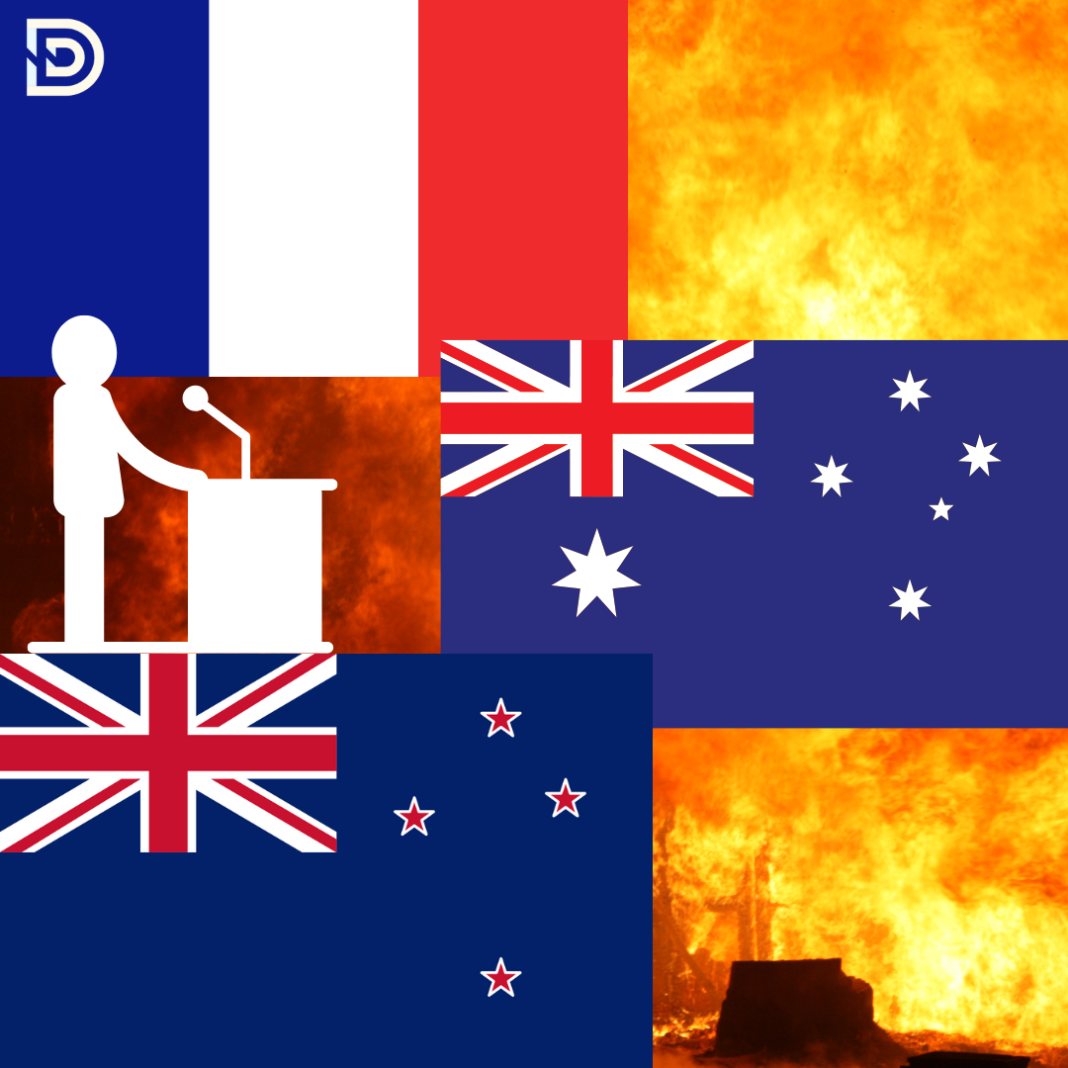France Left in the Dark as Israel Acts Alone
Israel’s surprise attack on Iran has triggered reactions from around the world, especially after it was revealed that France was not informed ahead of the strikes. The Israeli Ambassador to France, Joshua Zarka, confirmed this during an interview with RTL radio. He explained that Israel did not consider France a close enough ally to be warned before such a sensitive operation.
“The French state for a certain period is not as close as it was before,” Zarka said. He added that while France is still considered an ally, it is no longer trusted to the extent that it would be pre-notified of military operations.
This statement came after French President Emmanuel Macron warned that France might apply sanctions on Israel. Macron had expressed deep concern about the ongoing humanitarian crisis in Gaza and criticized the Israeli government’s lack of action.
Jordan Shuts Airspace to Avoid Fallout From Relentless Middle East Strikes
According to Zarka, the Israeli strikes on Iran are part of a campaign that will last several days and are meant to stop Iran’s nuclear program. This open statement has not only raised diplomatic tensions but also stirred strong reactions from other countries and international organizations.
Australia, New Zealand Voice Deep Concern
Australia and New Zealand both expressed serious concern following Israel’s military action in Iran. Australian Foreign Minister Penny Wong said her country is “alarmed” by the situation. She called on all sides to act responsibly and avoid making things worse.
“We all understand the threat of Iran’s nuclear and ballistic missile program. It represents a threat to international peace and security,” Wong said in a statement shared by the Australian Broadcasting Corporation (ABC). She emphasized that dialogue and diplomacy should be the main focus.
New Zealand’s Foreign Minister, Winston Peters, also shared a strong message. He warned that any more retaliatory attacks would increase the risk of a larger war in the region. Peters said such a war could be disastrous for the Middle East.
In a public message on the platform X, formerly known as Twitter, Peters said, “It is critical that all actors prioritize de-escalation.” He pointed out that ongoing talks between the United States and Iran are the best chance for peace.
The New Zealand government has taken extra steps to ensure safety. Officials were asked to directly deliver New Zealand’s message to the ambassadors of both Israel and Iran. Peters also mentioned that they are paying close attention to the safety of New Zealand staff in Iran and other citizens in the surrounding areas.
These reactions show that even countries far from the Middle East are deeply concerned about how this conflict could affect global peace and safety.
China and Global Bodies Call for Calm
China also responded to the worsening situation. Its embassy in Tehran called the security situation in Iran “severe and complicated.” A public statement from the embassy warned Chinese citizens and companies to be extremely cautious.
Media reported that the embassy urged people to stay alert, monitor news updates, and improve their safety precautions. This warning shows how seriously China views the risks posed by the ongoing violence.
At the international level, major organizations like NATO, the European Union (EU), and the United Nations (UN) quickly released statements urging peace. These groups asked both Israel and Iran to stop the fighting and avoid making the situation worse.
🕵️♂️ Assassinations: Iran’s War Cabinet Decimated in Overnight Israeli Strikes
They stressed that violence is not the answer and that both countries need to choose peace and dialogue. The UN, NATO, and EU said their biggest concern is to prevent the violence from spreading to other parts of the region.
These messages from global powers and institutions reflect how dangerous the conflict has become. The international community fears that if the fighting continues, it could lead to more destruction, more suffering, and a much larger war in the Middle East.

